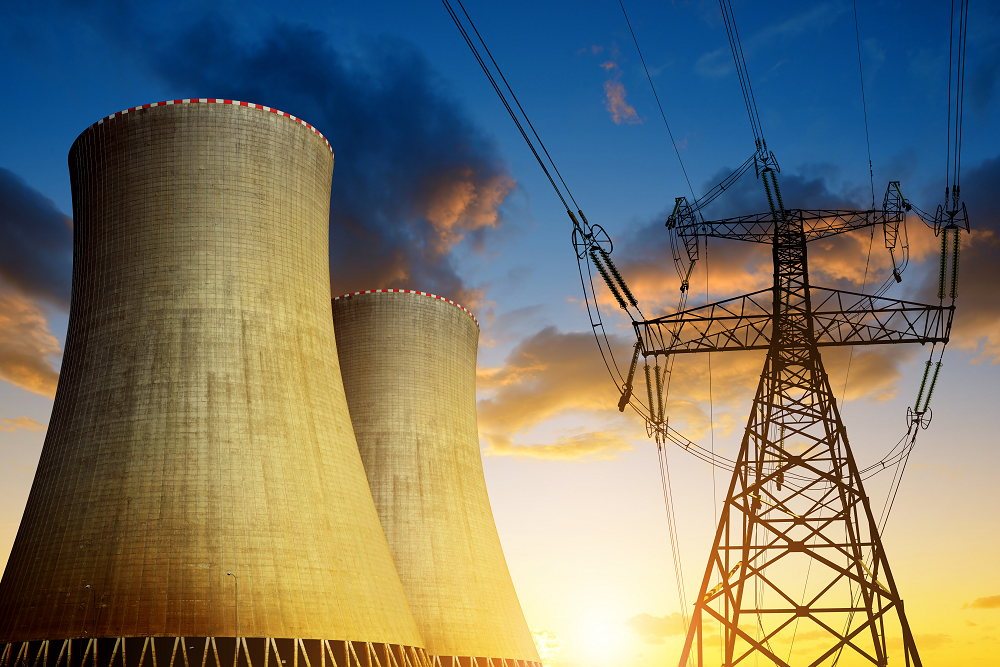
Author: Vladimír Hlavinka, owner of ORGREZ Group
Energy policy is the cornerstone of economic policy, and major energy decisions transcend electoral cycles. Therefore, they should be supported by citizens and across the political spectrum.
The energy sector has a significant impact on the national economy, as energy prices and availability can either boost or hinder economic development. It therefore carries considerable political weight and, in my opinion, should receive the same attention as other instruments for influencing the course of the economy. However, it requires a different approach to address it effectively.
Any monetary policy measures taken by the national bank are widely commented on, criticized, and debated. The same applies to fiscal or budgetary policy. However, energy policy, which has the potential for much longer-term and more structural changes in the state's economy, tends to receive selective attention and often becomes a politically charged topic.
The effects of changes in fiscal or budgetary policy, and monetary policy measures, are usually seen within the election period. Moreover, the mechanisms are well-documented, and economists can refer to numerous past examples. These discussions hold political weight, and there are disproportionately more economists and financiers than energy experts.
By contrast, the energy industry is a long-distance race, governed by the laws of physics. It is politically difficult to grasp, as the effects of decisions only become evident long after several election cycles, and the process encounters several "physical buffers" along the way. This long-term nature is often at odds with the electoral cycle. The results of decisions — whether good or bad — emerge only over time. Those in power are aware of this and are often hesitant to make unpopular decisions.
A good illustration of this is the desulphurisation of coal-fired power plants. The decision was clear: if you want to trade electricity on the European market, you must meet the environmental entry rules. Without this, the Erzgebirge forests would be gone today, and we would remain an energy island. Interestingly, in the 1990s, this investment was comparable in cost to two units of Temelín. Another example is the Montreal Protocol on Substances that Deplete the Ozone Layer, signed in 1987, which phased out the use of CFCs. Production of CFCs ended in 2010, and by 2019, the smallest ozone hole since 1982 was observed — a process that took 32 years.
It takes statesmen, rather than mere politicians, to keep the electorate's attention on issues that will yield positive results far beyond the electoral term. History remembers statesmen most of all.
The Green Deal, and the energy policy derived from it, will affect the national economy for decades to come. These changes need to be explained clearly and communicated in a targeted manner, seeking consensus across the political spectrum. Citizens are not uninformed; difficult issues must be communicated directly.
Now let’s compare this to what is happening with the "Fit for 55" initiative, which is part of the Green Deal. "Fit for 55" aims to reduce net greenhouse gas emissions by at least 55% by 2030. It is a much more comprehensive package, affecting all sectors and addressing far more serious issues. The first positive results are expected around 2060. Consensus on its guidelines and content has been reached across all developed countries, not just in Europe.

So, what happens when we begin communicating unpopular measures in our country? Some former government parties, despite being present during the approval of these European decisions, now claim they were essentially not present at all. Other parties score populist points by selectively questioning the Green Deal, seemingly guided by opinion polls. This criticism is convenient and deliberate. The Green Deal is not solely about internal combustion engines, nor is it a dogma imposed by the European Commission. If decisions had been made similarly in the past, today we would have the Erzgebirge without forests, and the CO2 emission factor for electricity generation would still be at 0.73 tCO2/MWh, as it was in 1990, instead of the 0.37 tCO2/MWh achieved by 2023.
The point I want to make with this article is that energy policy and major energy decisions extend beyond electoral cycles and must be supported by citizens (who are the holders of sovereign power) and by all political parties. I realize this is difficult, but hopefully, there will be agreement on basic principles, and with popular support, even populists will have to adapt.
Energy policy is the cornerstone of economic policy. Without transparent discussion and communication with citizens, it will always remain a declaration that does not survive beyond a single term.
The results of mishandling energy policy are evident: the cancelled Temelín tender (the first one), the spontaneous shutdown of coal-fired power plants due to the failure to apply for capacity payments, the three-year process of notifying support for cogeneration, poorly managed operational support for photovoltaic power plants, and the hasty push for renewable energy capacity without a system to manage its application for consumers. Lastly, the Czech Green Deal, submitted to the government over the summer holidays, is now being swept under the carpet, along with the expansion of emission allowances.
The energy sector is indeed a critical part of the economy and must be handled with expertise and respect for the potential consequences of measures and regulations, which, if poorly considered, can lead to significant undesirable outcomes.